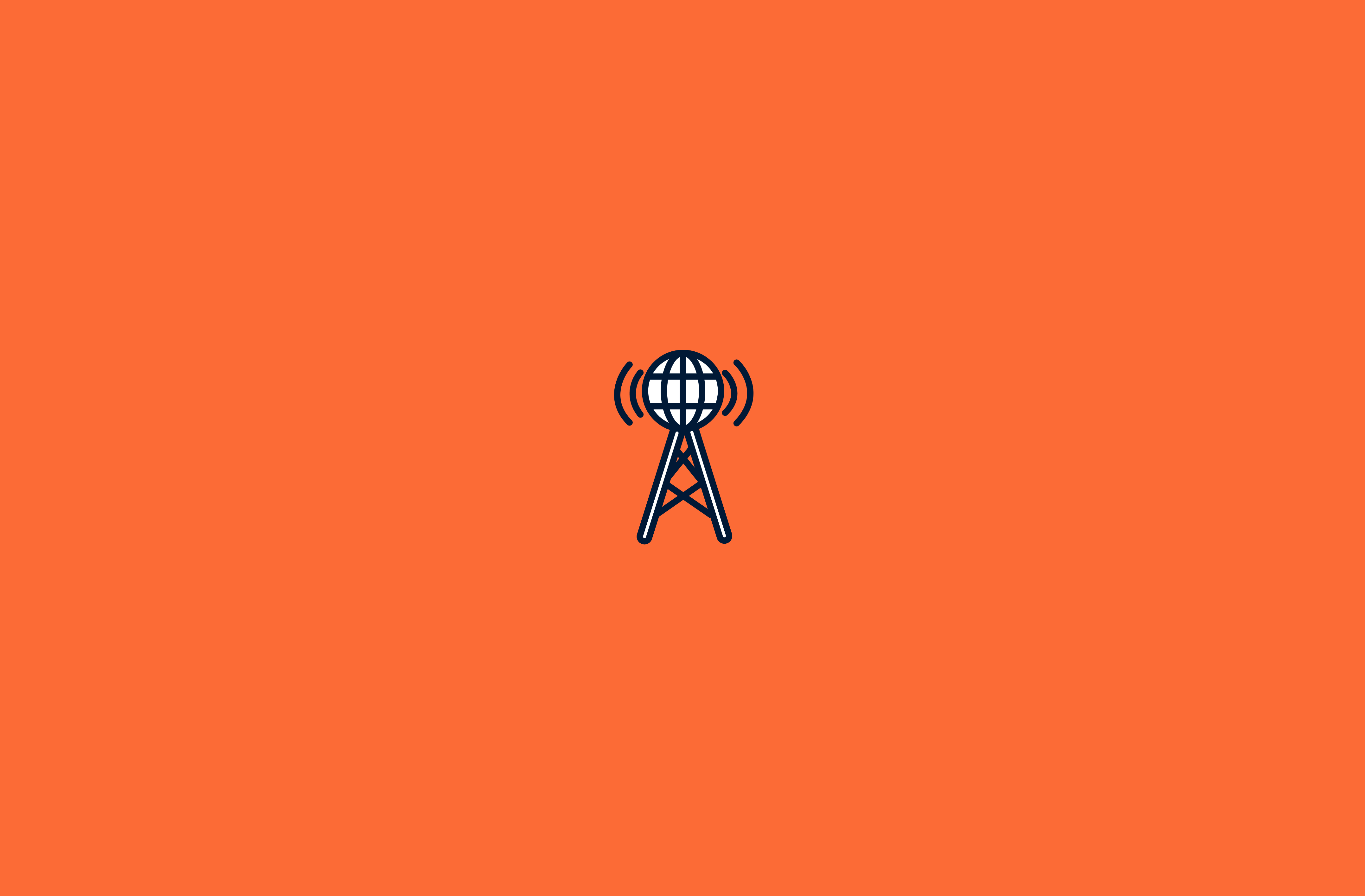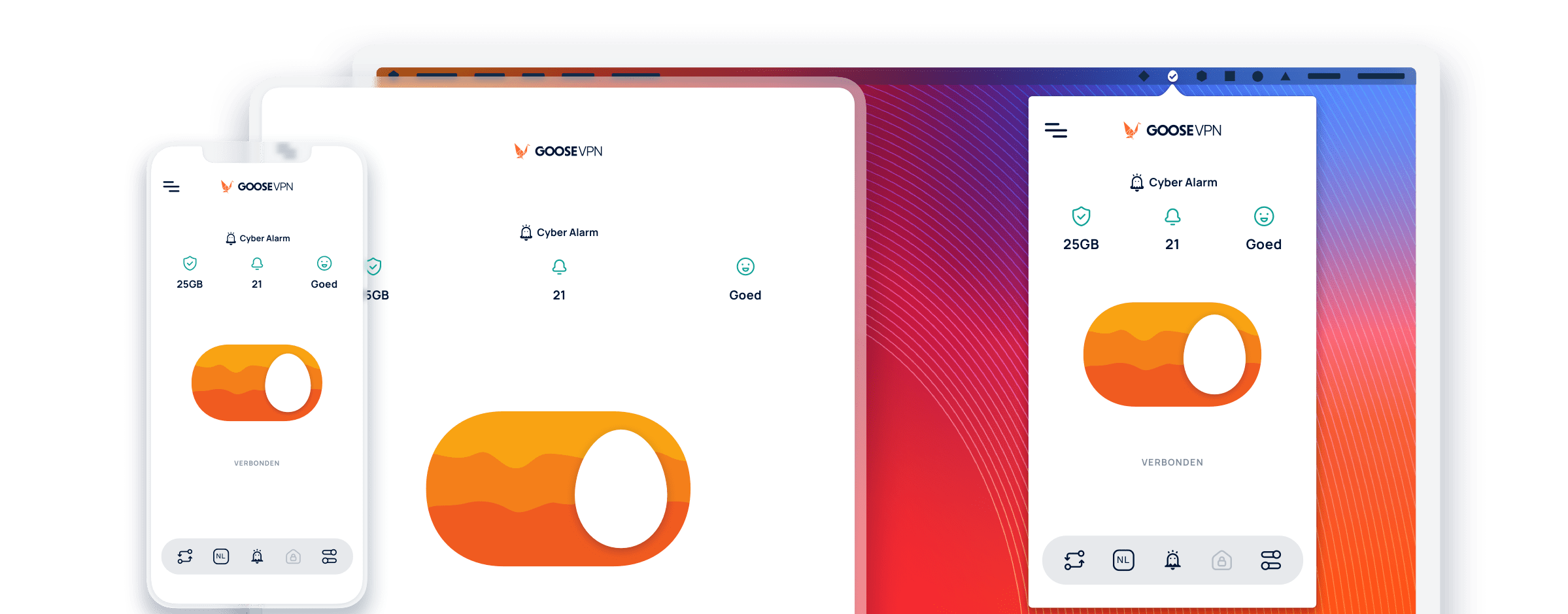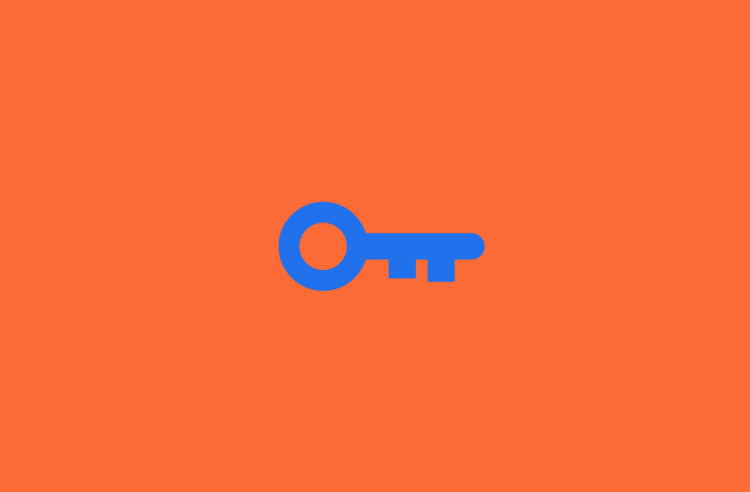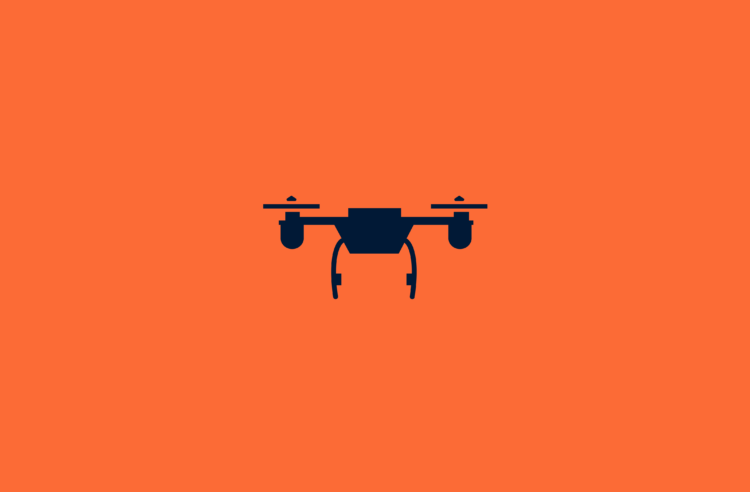
This way you can protect yourself against your ISP
We all use the internet every day. Whether it’s to order new shoes or to scroll on social media. The internet doesn’t just come anywhere today, thanks to your Internet Service Provider (ISP) you can use the internet 24/7. But what is an ISP? And is your internet traffic safe with an ISP? In this article, we discuss how you can protect yourself against your ISP.
What is an Internet Service Provider?
The internet has become an undeniable part of our daily lives. To be able to use the internet, you must register with an Internet Service Provider.
An ISP is a company that provides internet services to consumers and businesses. This ranges from basic services such as email and web hosting to advanced services such as broadband internet. ISPs provide the physical connection between the user and the Internet through various technologies such as cable, DSL, fibre optic or satellite.
The fact that you can use the internet is of course very nice. But what exactly goes on behind the scenes?
How does an Internet Service Provider work?
It is almost self-evident that if you type something into the search bar of, for example, Google, an answer will appear on your screen within a second. This process seems very simple but is more extensive than you think.
The ISP uses special servers and routers that provide the connection between the user and the Internet. When a user makes a request to access a website, this request is sent to the ISP’s server. This server then communicates with other servers on the Internet to process the request and return the requested information to the user.
• What is a server? Servers are computers specially designed to store, process and exchange information with other computers. Servers are often the most important components in a network, as they are responsible for providing services such as data storage, internet access, e-mail, web hosting, etc.
• What is a router? Routers are network devices responsible for transmitting data between different networks. Routers analyze the destination of network traffic and then send it to the correct location.
The ISP is responsible for maintaining the technical infrastructure and network connectivity. This includes providing regular updates and resolving technical issues that may arise.
ISPs also provide technical support to users who experience problems with their Internet connection or with the services they offer.
In some countries, such as the United States, ISPs are often required to collect and share data with the government or other agencies. This can be done, among other things, for security purposes or to check compliance with laws and regulations. ISPs often have to comply with this by, for example, monitoring internet traffic or keeping logs of user data.
What data can ISPs store about you?
Your Internet Service Provider (ISP) receives a lot of information from you. It goes without saying that they can see your internet traffic, but what information about you can ISPs see or even store?
The data that Internet service providers (ISPs) collect and store from users may vary depending on the laws and policies of the ISP. Below are some examples of data that ISPs commonly collect and store:
1. Identification Information: Information such as your name, address, email address, telephone number, etc. used for identification and billing purposes.
2. Navigational information: Information about websites visited, search queries made and other internet usage data.
3. Device Information: Information about the type and brand of the device used, such as IP address, MAC address and other technical details.
4. Connection information: Information about the time and duration of the connection, as well as the amount of data sent and received.
5. Location information: Information about the location from which a connection was made, such as the IP address or GPS coordinates.
6. Metadata: Information about the content of the traffic, such as the subject line of an email, search terms, etc.
It is quite a list of information that your ISP has about you. Of course, some data can do no harm or are important. You prefer to keep other information to yourself. Fortunately, you can protect yourself against your ISP.
Holidays Deal - Lifetime VPN for €149.00
Start today with GOOSE VPN and get this deal! You can try it 30 days without any risk with our 30 day money back guarantee
START NOWWhat do ISPs do with your data?
ISPs have all kinds of purposes for your internet traffic. Most Internet Service Providers can be trusted, but some cannot. There are several things ISPs can do with your internet.
What internet service providers (ISPs) do with the data they collect from users can vary depending on the law, the ISP’s policies and the specific data collected. Below are some examples of things ISPs can do with user data:
1. Service provision: ISPs can use the data to improve the service, such as traffic analysis for a more efficient route or the provision of adapted services.
2. Billing: ISPs can use user data to generate and send invoices.
3. Commercial Use: ISPs may use user data for commercial purposes, such as selling data to advertisers or providing targeted offers.
4. Legislative Uses: ISPs may share user information with the government or other agencies for regulatory purposes, such as regulatory compliance or crime investigation.
5. Security: ISPs can use user data to improve the security of their network and to detect and prevent threats.
It’s important to note that ISPs often have legal obligations to collect, retain, and share certain information with the government or other agencies. Some ISPs are also transparent about their data collection, retention, and use policies in their terms of use. Are you uncomfortable with the idea of ISPs storing your data? Then you can protect yourself against your ISP.
No trust in your ISP – this is how you can protect yourself from your ISP
Are you afraid that your Internet Service Provider wants to earn extra pocket money from your internet traffic? And do you want to protect yourself against your ISP? These are some measures you can take:
1. Use a Virtual Private Network (VPN): A Virtual Private Network creates a secure tunnel between your device and the VPN server, encrypting all your internet traffic. As a result, your ISP cannot see which websites you visit or which data you send.
2. Use HTTPS: HTTPS is a protocol that provides data encryption for websites. Always use websites that start with “HTTPS” instead of “HTTP” to protect your data.
3. Limit the amount of data you share: The fewer data you share, the less is available for your ISP to see. Be selective about what information you provide to websites or apps, and be careful who you share personal information with.
This way you can protect yourself against your ISP with a VPN
A virtual private network (VPN) is a way to protect you from your internet service provider (ISP) by encrypting all of your internet traffic. This allows you to protect yourself against your ISP because your ISP cannot see which websites you visit or what data you send.
A VPN (Virtual Private Network) is a technology that creates a secure, private connection between two or more devices over the Internet. It uses encryption technology to protect the data as it travels over the internet. When a user logs on to a VPN server, a virtual “tunnel” is created through which the user can connect to the private network of the organization or VPN provider. This allows the user to access shared files, printers, and other network resources remotely while protecting the connection from unauthorized access and data disclosure.
Protect yourself against your ISP with GOOSE VPN
Anonymous internet is important, and we at GOOSE VPN agree. The fact that there are ISPs that keep track of your data to rake in some extra money is of course crazy. That is why you can protect yourself against your ISP with affordable and reliable VPN connections from GOOSE VPN. Good protection should be available to everyone.
Register with GOOSE VPN
Do you want to protect yourself against your ISP with a VPN connection? Register with GOOSE VPN and receive a 30-day money-back guarantee. After today, your data is more important than ever before!




















